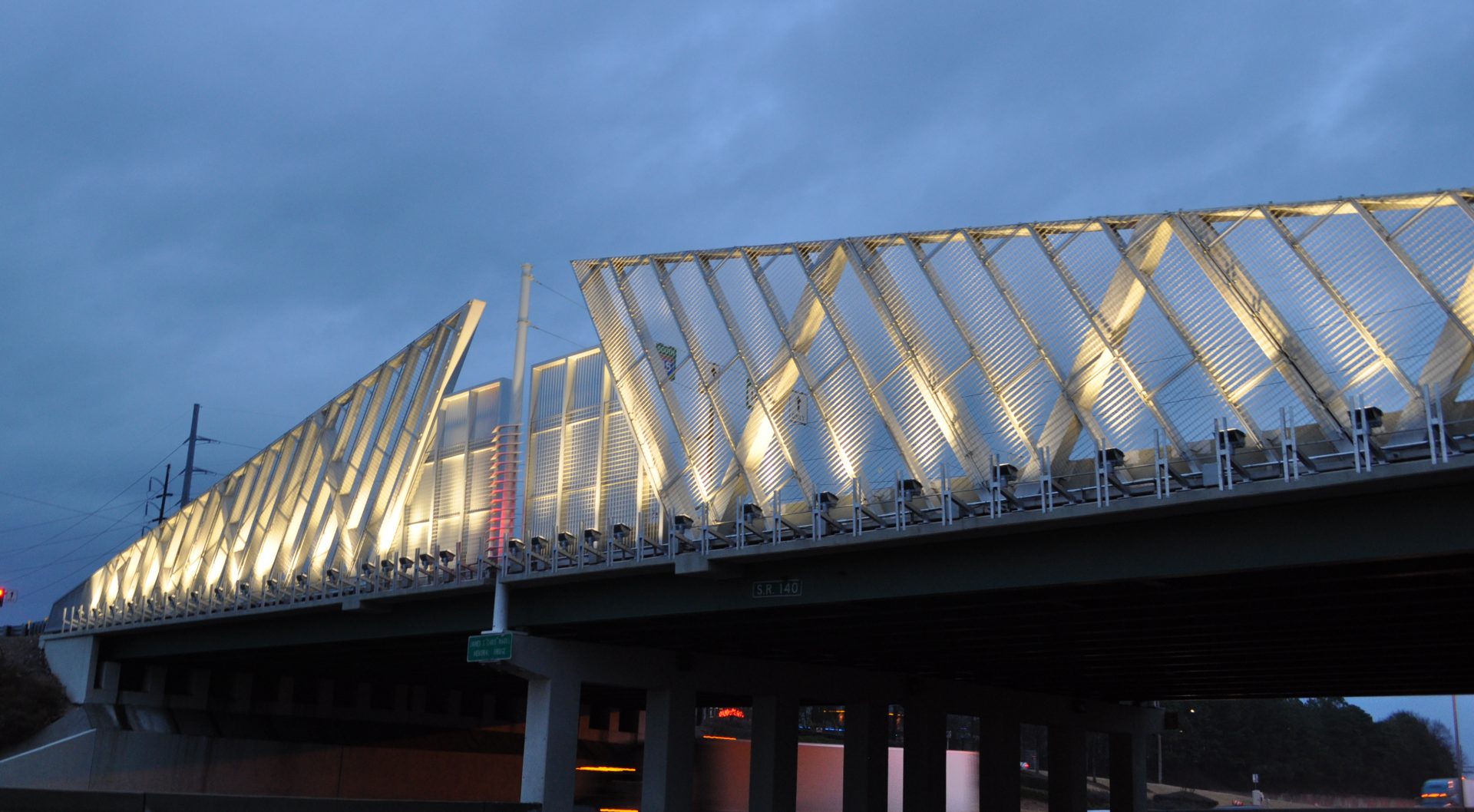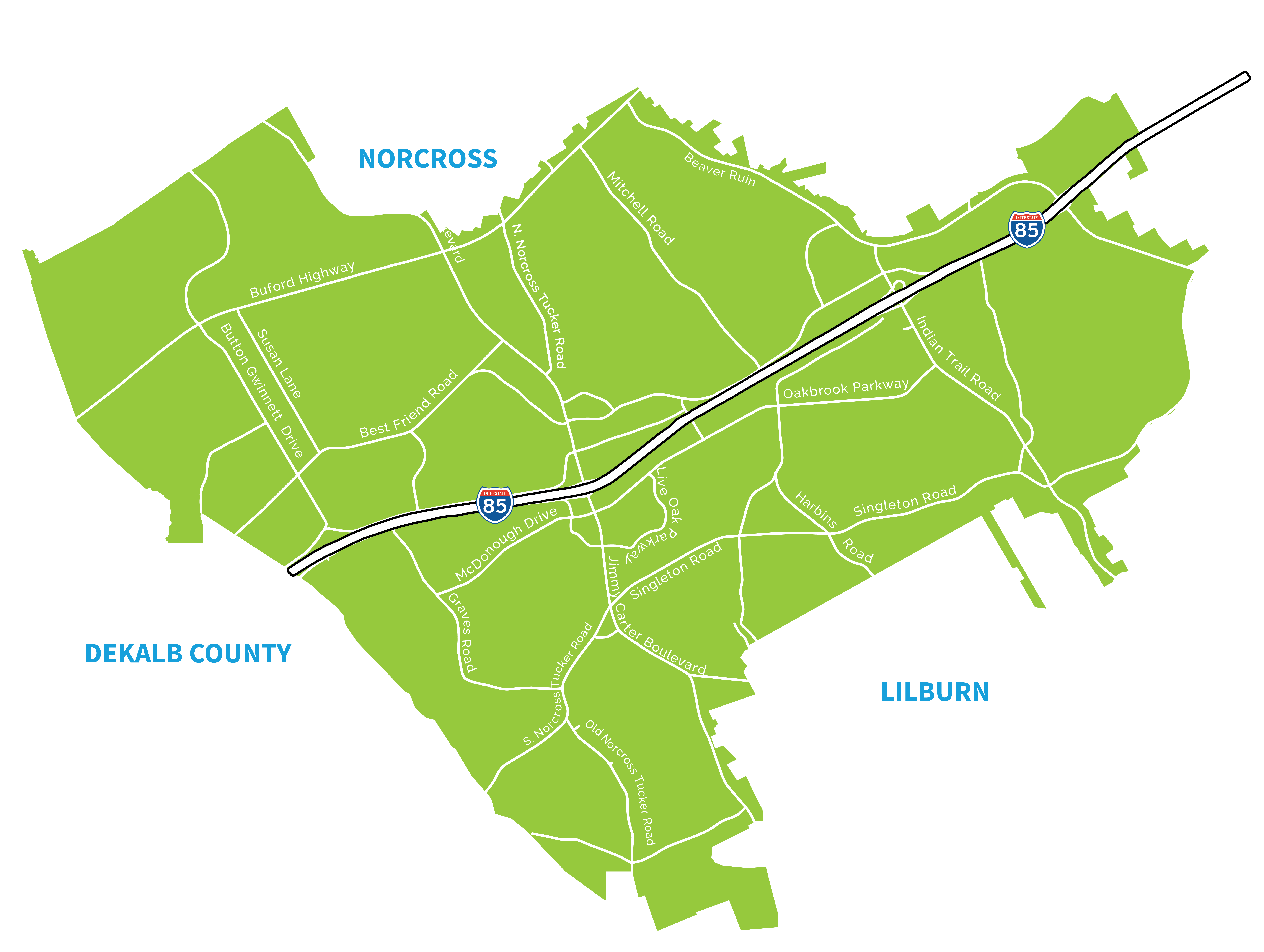As a long-term resident of Gwinnett County and owner of several restaurants in Norcross and Peachtree Corners, I want to highlight and lend my support to an important initiative taken up by the Norcross City Council — the Gwinnett County – Gateway85- Norcross Area Microtransit Initiativ e.
e.
This project holds immense potential to address transportation challenges and enhance accessibility for our community, providing significant value to our residents.
The project will operate like Uber or other ride-sharing services as an on-demand minibus service that offers a cost-effective solution to transportation needs within specific zones. Rides are requested via an app or call-in option for users without a smartphone. With a proposed cost of $3 per ride, this initiative provides a significantly affordable lifeline to those who rely on public transit.
Microtransit projects like this one have already proven successful in other parts of Georgia by providing convenient access to key destinations and commerce hubs. Snellville, which had a successful pilot in 2019, recently got permanent service. Lawrenceville also has a microtransit service, and the county is likely to roll out another microtransit zone in Suwanee, Sugar Hill and Buford in the coming months.
One of the many reasons I feel compelled to get behind this initiative is because of our local co-op, Neighborhood Cooperative Ministries.
Located on Pinnacle Park, this incredible organization helps the most vulnerable members of Norcross, Peachtree Corners and the Gwinnett County portion of Tucker and Doraville. Last year alone, the co-op distributed 336,439 pounds of food.
Unfortunately, no public transportation or bus route to Pinnacle Park is currently available. The nearest bus stop is several miles away. Having volunteered there, I’ve witnessed first-hand the great relief being offered to our neighbors in need.
However, it is nearly impossible for an individual to walk many miles in the scorching heat or in the cold with several pounds of much-needed food supplies, clothing, etc.
Microtransit can greatly relieve them and allow the co-op to serve even more folks.
Employers in the surrounding area also benefit from this service, as it facilitates access to a broader pool of potential employees and ensures timely arrival at work. Customers will have easier access to retail, grocery stores and other commercial establishments avoiding traffic or parking challenges while boosting local businesses and supporting economic development.
This new service will operate three buses Monday through Saturday, from 6 a.m. – 8 p.m. Its operation zone encompasses 37,000 people, including 15,000 within the city of Norcross, and includes neighborhoods with some of the most transit-dependent populations in Gwinnett.
The county and Gateway85 are picking up a majority of the cost to help jumpstart this service and ensure that the service area is sufficient to reach key destinations for residents in Norcross, such as the Publix and Target on Peachtree Industrialando the Walmart on the other side of Interstate 85.
Gwinnett County and Norcross are often referred to as a “transit desert,” meaning people are often subject to walking hostile major roads, like Jimmy Carter Boulevard, to get where they need to go.
The few other viable options can be problematic for their users. Taxis or rideshares like Uber or Lyft can be expensive, existing bus services are obviously insufficient and the area is not well equipped for bicyclists.
Microtransit can play a vital role in connecting residents with essential services such as the co-op, employment opportunities and commercial establishments.
In addition to the fine work of Gateway85 CID, a number of different organizations and community leaders with close ties to the city of Norcross have also voiced their support for this initiative, including the Georgia Hispanic Chamber of Commerce, Viewpoint Health and Representative Pedro Marin. I also understand that the members of the Norcross City Council have been entrusted to spend our tax dollars wisely.
As a business owner, I am well aware of how challenging managing a limited budget is. My grandparents often reminded me as a child, “Money doesn’t grow on trees.” However, I truly hope that the decision makers can find a way to responsibly make this project a reality. It will prove critical for the long-term health and economic vibrancy of our community.



